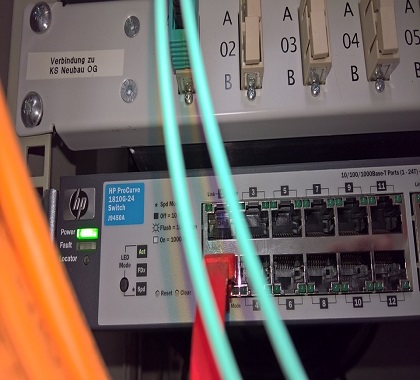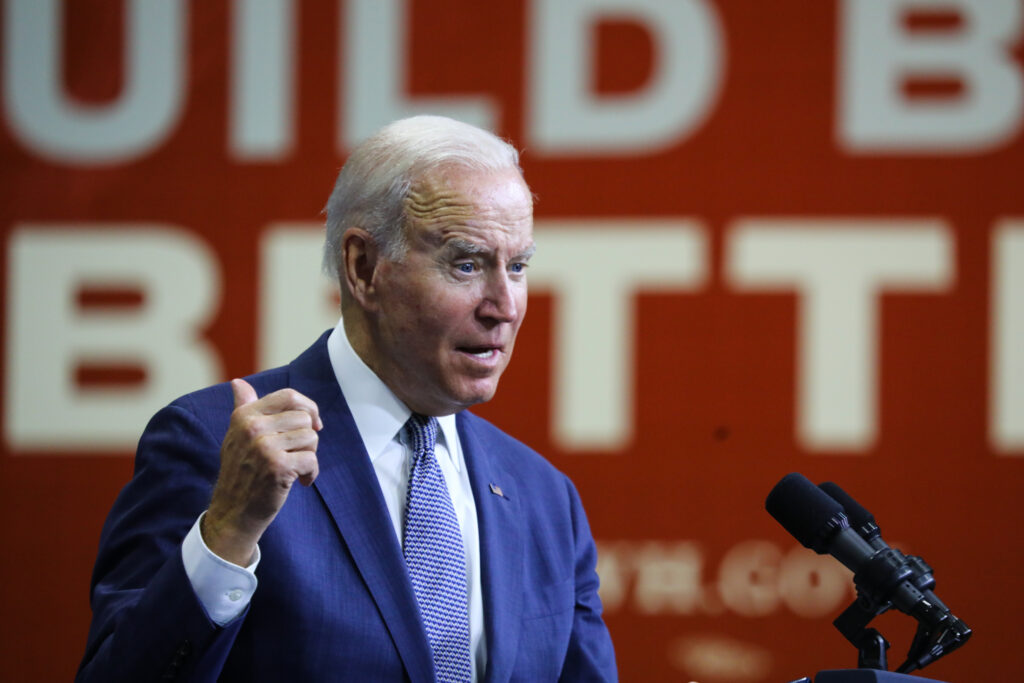Ten years after building a taxpayer-funded broadband service, the city of Salisbury, North Carolina is getting out of the internet business.
Hotwire Communications, an internet service provider (ISP) with headquarters in Florida, is taking responsibility for the operation and maintenance of Salisbury, North Carolina’s municipal broadband network.
In 2008, the city of Salisbury issued $33.56 million in new public debt to build Fibrant, a 350-mile long network providing data, voice, and video services.
On May 8, 81 percent of voters approved a measure proposing to lease the city’s internet infrastructure to Hotwire for the next 20 years.
Starting on July 1, Hotwire will operate subscribers’ video and internet services. The city retains ownership of the fiber network.
Government Disadvantages
Steve Titch, a policy advisor for The Heartland Institute, which publishes Budget & Tax News, says governments cannot win the ISP game.
“Broadband is really one of the worst financial decisions a city or town can make, precisely because it has to compete with the private sector,” Titch said. “The private sector moves faster, it has easier access to money, and it doesn’t have to weigh every decision against the political concerns that governments must do. That puts a government broadband operation, or any competitive operation, immediately at a disadvantage.”
Mitch Kokai, a senior political analyst for the John Locke Foundation, says governments don’t have the right incentives or expertise to run businesses successfully.
“Government competition with the private sector creates multiple problems,” Kokai said. “First and foremost, government does not operate with the same profit-and-loss incentives as private businesses. Government officials have a harder time determining whether an investment makes economic sense. They can’t judge as well whether an operation is sustainable for the long term.”
Fell for Hype
Titch says the business of providing internet access is not immune to the laws of economics.
“Somehow, cities were talked into believing that it would all be different for them,” Titch said. “They believed somehow their economies and economics would be different, even though a city still has to go out on the open market and buy fiber optic cable and construction services, the very same things that the private sector does when they’re building broadband networks. Governments thought it was going to be different for them.”
Ideologues and true believers are the only people who are convinced the government can run an ISP well, Titch says.
“I think the only people left pushing this are those that are radically wedded to the idea that government can do things better and that somehow it’s more fair and worth the investment,” Titch said. “It isn’t.”
‘Never Made Economic Sense’
Kokai says Salisbury’s voters made a fiscally sound decision.
“The major benefit for taxpayers in this instance is that they will no longer be forced to bail out a money-losing operation,” Kokai said. “It never made economic sense for Salisbury to get in this business.
“Now, taxpayer funds that have been devoted to this ill-conceived project can be diverted to core city government functions or even returned to taxpayers to spend, save, or invest as they see fit,” Kokai said.




